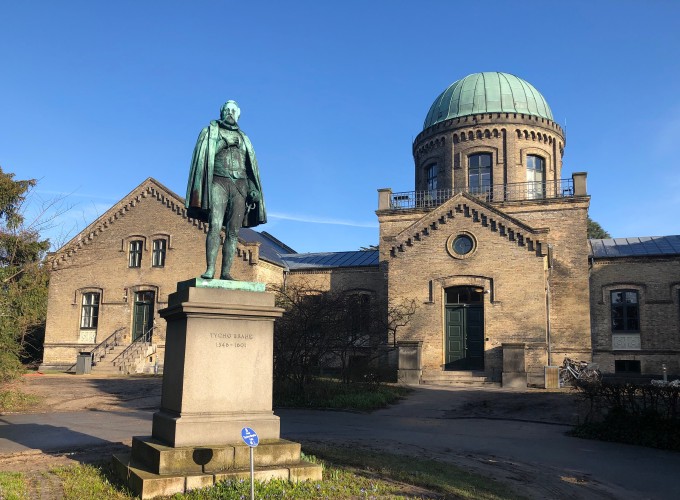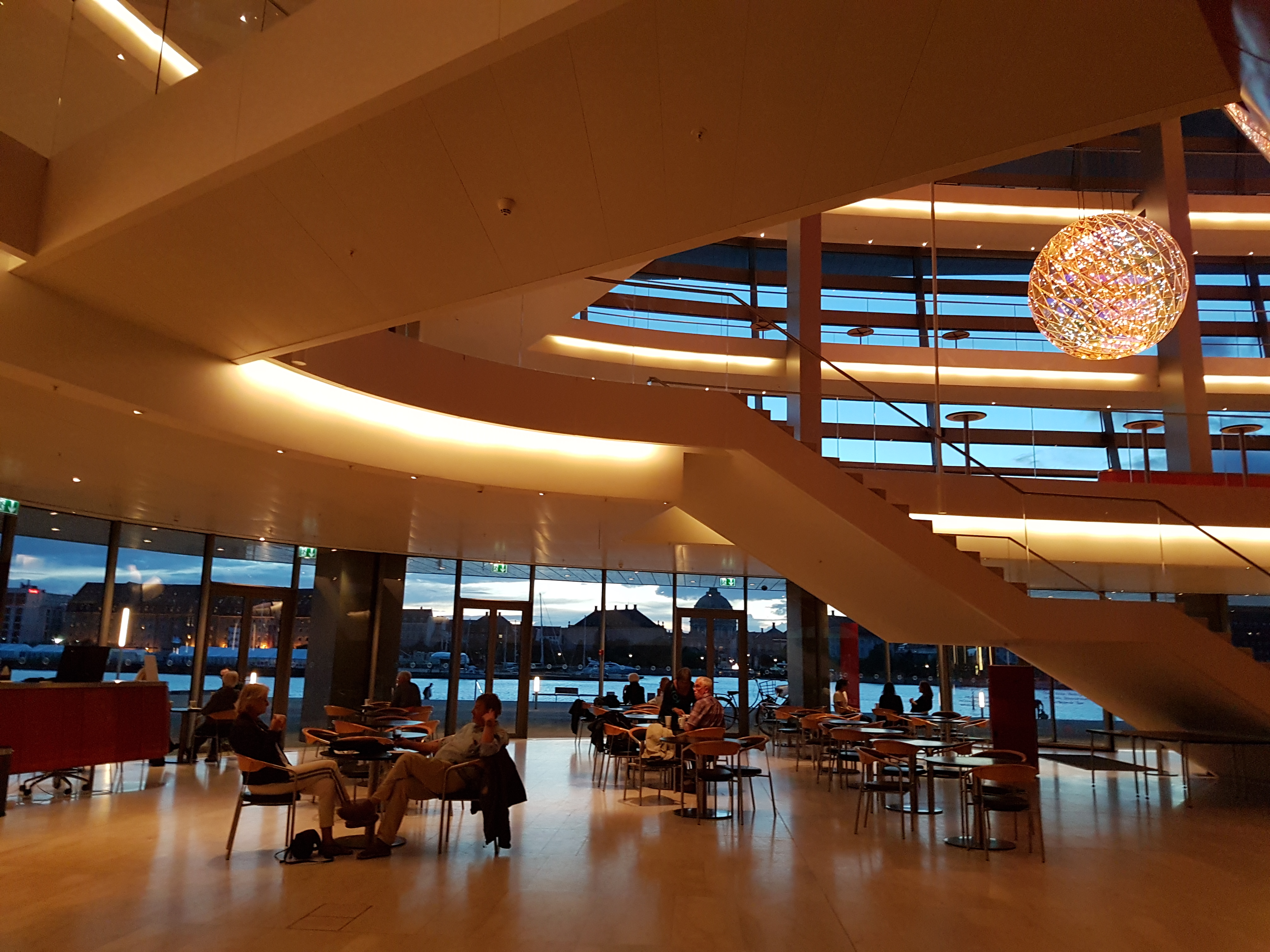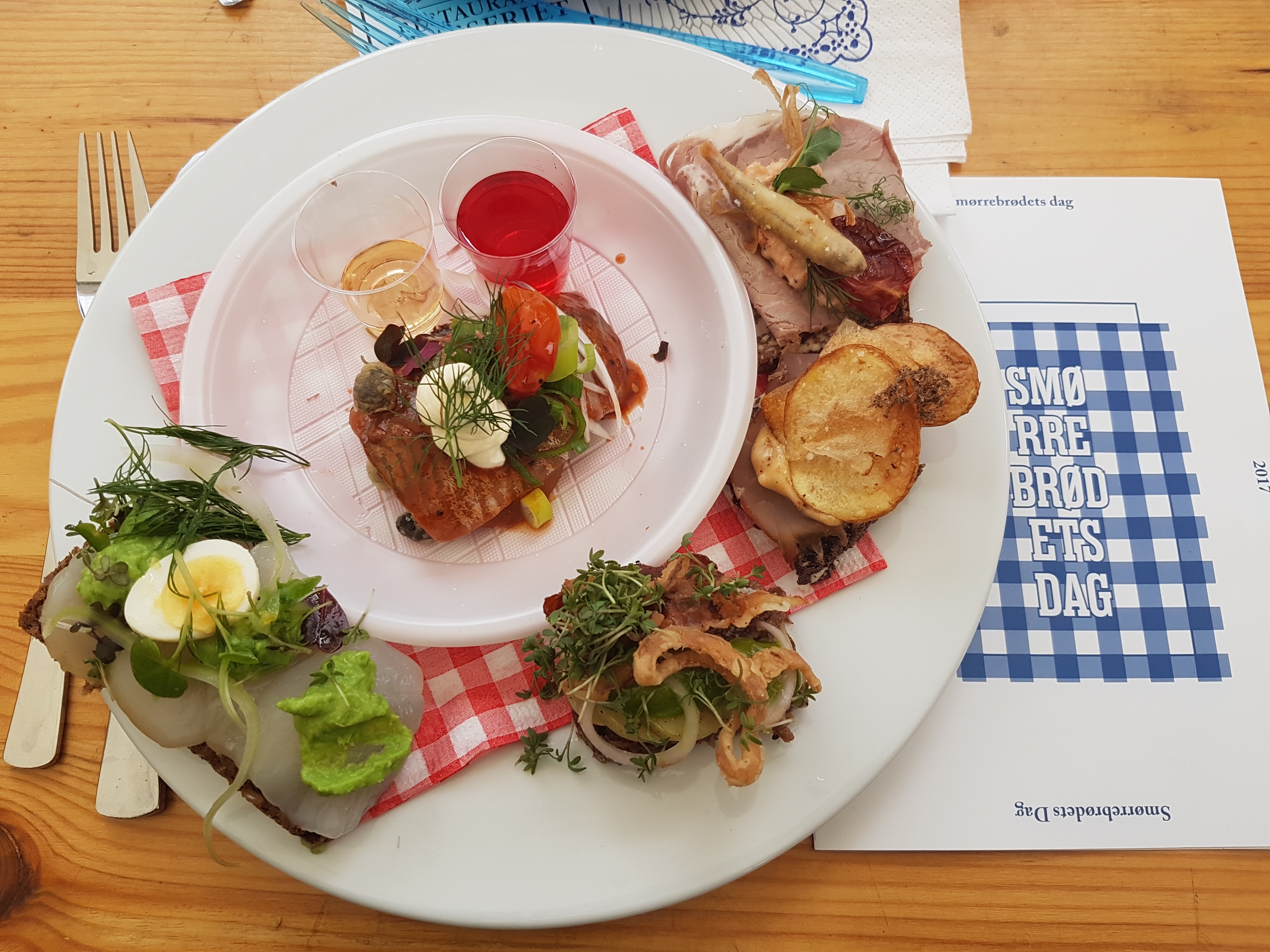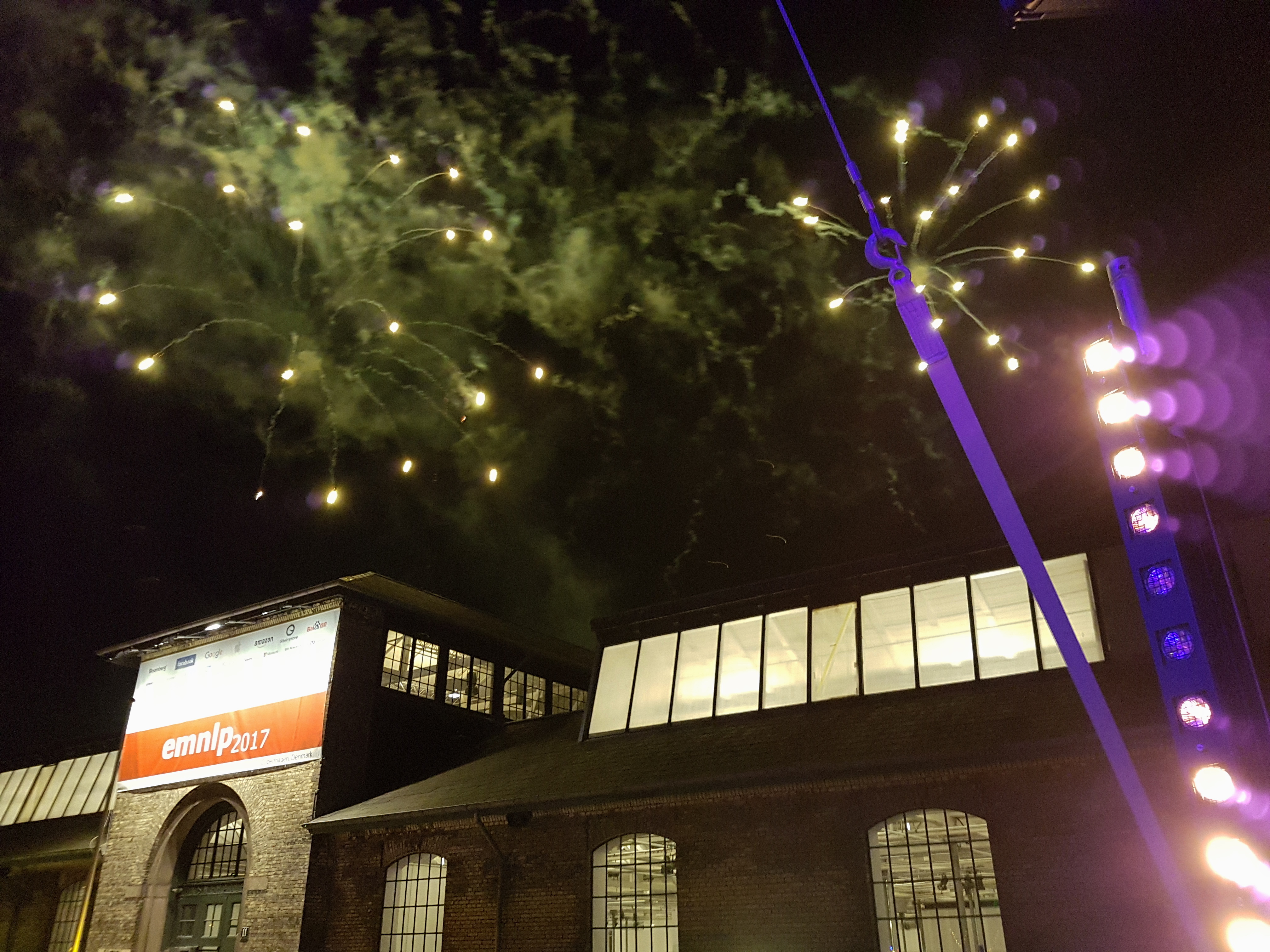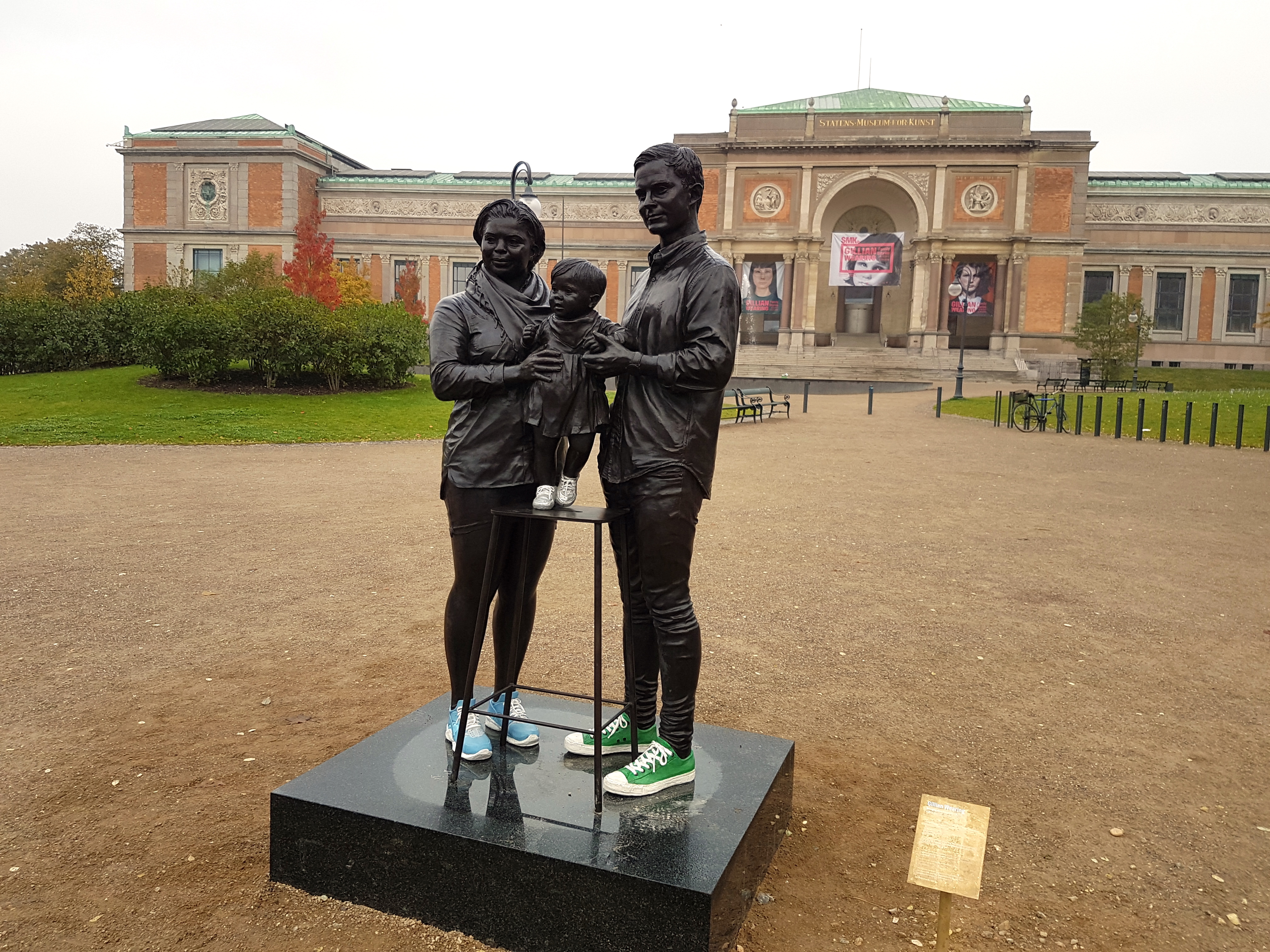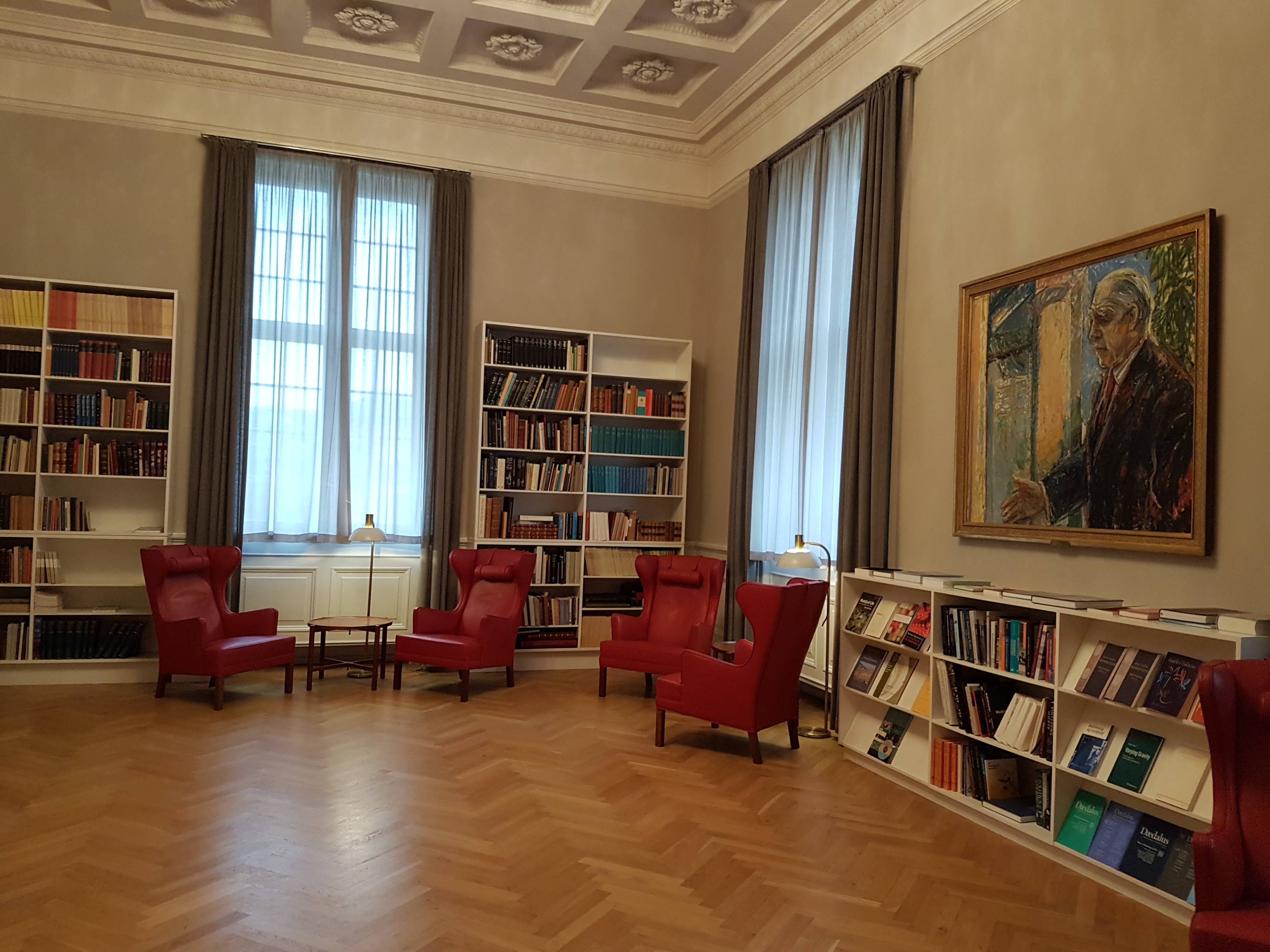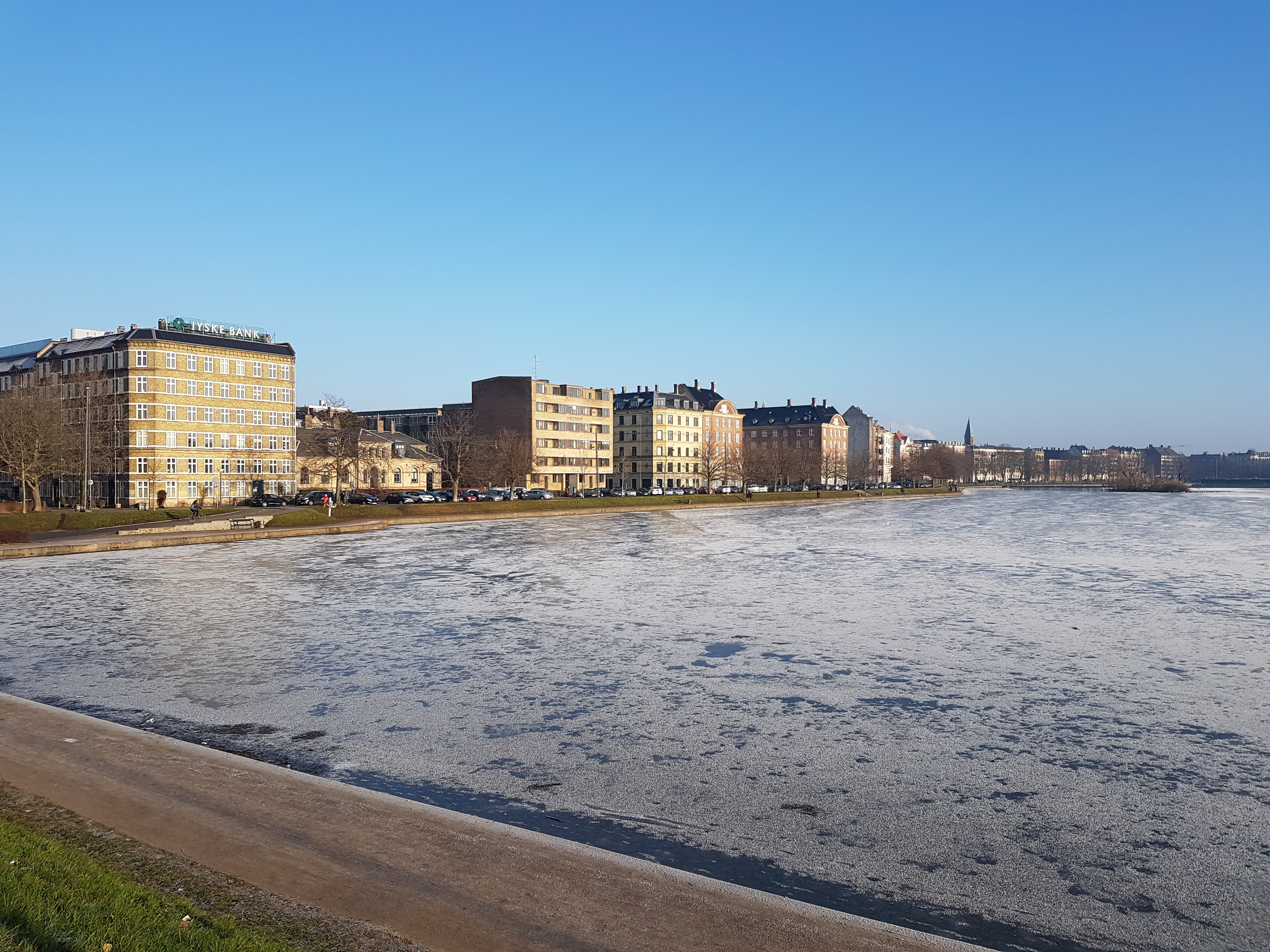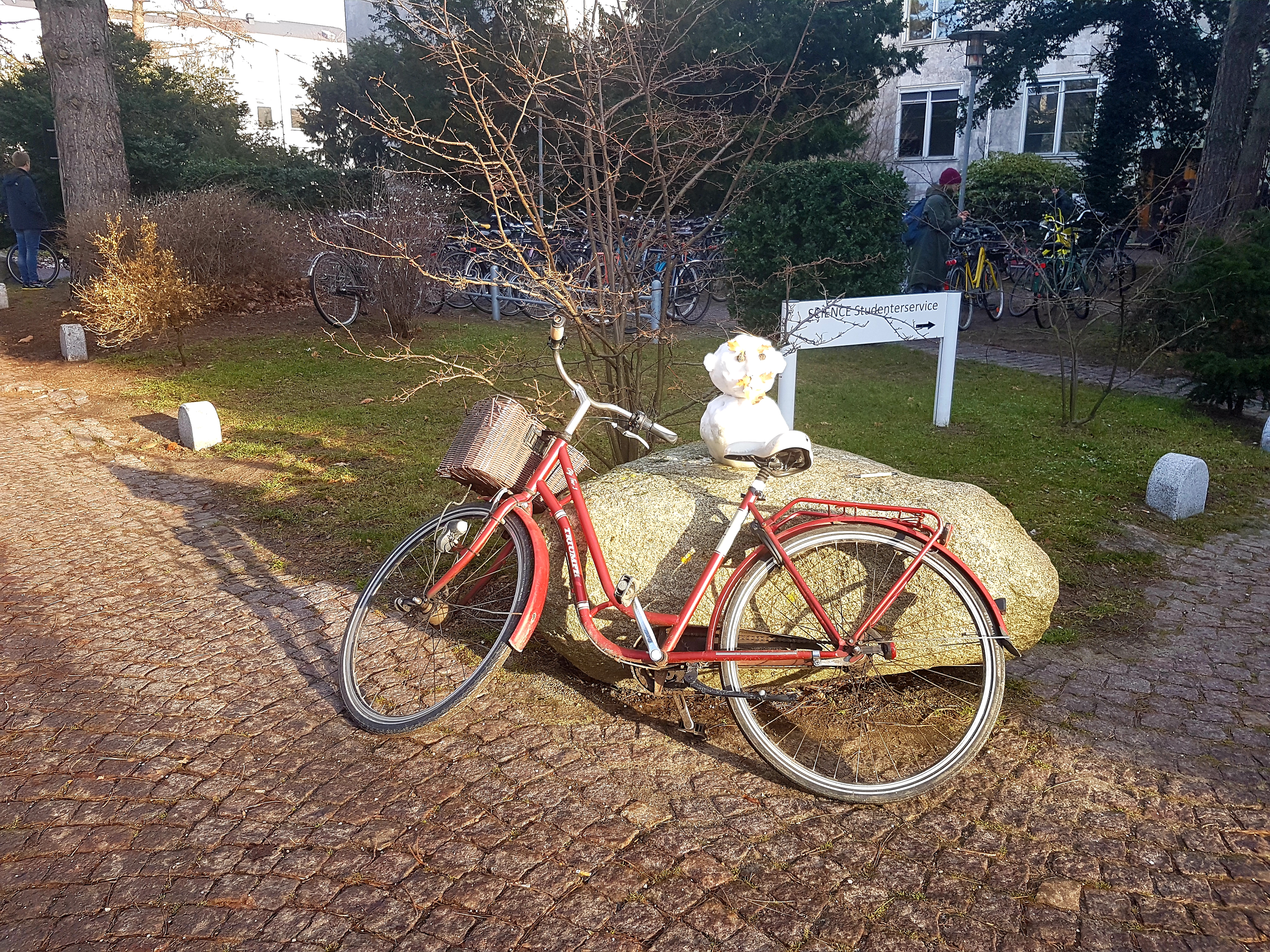The University of Copenhagen is a great place if you’re both interested in high-quality NLP research (we’re ranked 2nd in Europe and 19th in the world on CSRankings for NLP) and a high quality of life (Denmark has consistently been ranked one of the three happiest countries in the world, and ranks equally highly on the quality of life). In addition to this, Copenhagen is a lively, bustling capital, while still being small enough that one can cycle nearly everwhere within a short amount of time. Intrigued? Read on!
- Life in Copenhagen
- NLP Research at the University of Copenhagen
- Applying for a PhD
- Doing a Postdoc
- CopeNLU Group
- Visiting the Group
Life in Copenhagen
Copenhagen is lively and vibrant, yet comfortably-sized capital city by the North Sea on the border to Sweden with an oceanic climate. As it is located in Scandinavia, many of the corresponding stereotypes apply. Healthcare is socialised, public transport is cheap, working hours are short, taxes are high, but so are incomes. Denmark has been voted the happiest country in the world in 2016 and has kept a spot in the top three since, becoming a world-wide cultural phenomenon with many books published on the topic (some personal recommendations: “The Year of Living Danishly” by Helen Russell, and “The Almost Nearly Perfect People” by Michael Booth). Popular exports are hygge, beer and pork products. It doesn’t stop at traditional Danish food though as Copenhagen is also a leading gastro destination, being home to numerous fine dining restaurants.
Living in Copenhagen itself is a very relaxing experience. The city is very spacious compared to other capitals (think: London, New York, Tokyo), boasting large and open public spaces. Most people cycle to work and have a short commute, as it is easily possible to afford a city centre flat on an average salary. There are many things to do and explore in Copenhagen, from cozy bars and cafés to museums, the hipster district Vesterbro, the free town Christiania, and much more, as Copenhagen has incidentally also been voted the number 1 city to visit by Lonely Planet. The Copenhagen tourist board as well as the EMNLP 2017 local guide are excellent starting points for finding out more about what to do.
For practical advice about moving to Copenhagen, the International Staff Mobility Department at the University of Copenhagen provides information on topics ranging from housing to language classes. Speaking of, language classes are free for all new residents in Denmark – not that one would need to speak Danish in order to get by in Copenhagen, as it is the capital city with the highest English profiency in the world in a country where English is not the first official language.
Lastly, another reason to move to Copenhagen is that academic salaries compare very favourably to other countries – e.g. PhD salaries here are the highest in Europe – meaning it is possible to live in Denmark comfortably as a researcher. An up-to-date overview of salaries by job category at the University of Copenhagen can also be found here.
NLP Research at the University of Copenhagen
The NLP Section at the University of Copenhagen is currently home to four faculty members and many postdocs and PhD students, who work on topics including natural language understanding, multi-lingual learning, automatic fact checking, machine translation and multi-modal learning.
NLP at the University of Copenhagen as a whole is highly productive and internationally well-regarded. For instance, we are ranked 2nd in Europe and 19th in the world on CSRankings for NLP), and were host to EMNLP 2017.
Applying for a PhD
PhD programs at the University of Copenhagen, and in Denmark in general, are fairly compact; students are expected to submit their thesis after three years, while an extension of one year can be granted. PhD students do not have to take courses during their studies, as they are expected to have completed a Master’s degree already. There are benefits and downsides to such a program structure, of course, and a more opinionated take on this can be found in this Quora post.
There are generally three routes to applying for a PhD:
- applying for a fully-funded position;
- applying with external funding;
- applying for an industrial PhD.
The first option is undoubtedly the most common one. Therein, a PhD fellowship is provided through a funded project, and the position is advertised on the KU job portal. The successful candidate becomes an employee at the University of Copenhagen, and in addition a PhD candidate registered with the PhD School. Depending on the funding source, a broad research topic is either already provided, or the topic is completely open. The Pioneer Centre for AI has an annual call for PhD positions with a deadline in Spring, typically a combination of pre-defined and open topic positions, which are additionally advertised on the Pioneer Centre’s website. Available positions in our group are also always advertised on the CopeNLU website.
The second option requires the PhD candidate to scure external funding to cover living expenses in Denmark for a three-year period. Funding can, for instance, come from a governmental scholarship programme, or from a central PhD funding call, such as the one by the Danish Data Science Academy (DDSA). For this, the candidate should contact the potential supervisor for their support to apply to the external funding programme, and, if funding is secured, apply for admission to the PhD School afterwards.
The third option is something fairly special to Denmark – PhD students can study towards their PhD, while working at a company at the same time roughly one day a week. These PhD projects tend to be more applied and the topic for them is defined based on an agreement between the PhD advisor and the company. Funding for such projects is either obtained with or without a candidate for the position. As with the other two options, the PhD student is enrolled at the Doctoral School.
Additionally, candidates can express their interest for a PhD position by applying to the ELLIS PhD Programme. ELLIS is a central recruitment vehicle for AI labs across Europe and thus not directly offer PhD funding, so a dual application for external funding is required.
More information on the enrollment process at the Science Faculty Doctoral School is listed here.
Doing a Postdoc
Postdoc positions are available for anything between one and four years. Applicants are expected to have submitted their PhD thesis by the time they start, but it is typically not necessary for them to have been formally awarded a PhD yet, if they have sufficient evidence that this is likely to happen in the near future.
The routes to getting a postdoc position are very similar to those for a PhD position:
- applying for a fully-funded position;
- applying with external funding;
- applying for an industrial PhD.
Funded postdoc positions are often advertised on the KU job portal, though 1-year postdoc contracts can be offered without open calls. The postdoc topic varies widely based on the funding source. As for PhD positions, the Pioneer Centre for AI provides funding for postdocs, see the Pioneer Centre’s website, and positions are advertised Available positions in our group are also always advertised on CopeNLU website.
It is, furthermore, possible to start as a postdoc with already obtained funding, e.g. individual research fellowships. The topic for those is typically open and decided by the postdoc candidate. For some fellowship schemes, applications are made jointly with the host – an example or this is the Danish Data Science Academy (DDSA) postdoctoral fellowship programme. Get in touch if you are interested in this option.
Lastly, industrial postdoc programs means a researcher works both at a university and at a company, roughly one day a week. The postdoc topic is typically more application-oriented and defined based on an agreement between the advisor and the company. Funding is either agreed upon with or without a candidate for the position.
CopeNLU Group
If you arrived on this page, you’ve likely already seen the rest of the CopeNLU website. We are an active and friendly multi-cultural research group at the Computer Science department at the University of Copenhagen, interested in natural language understanding. Our group is affiliated with the NLP Section, as well as with the Pioneer Centre for AI and located in the Observatory in the Botanical Gardens in central Copenhagen, near Nørreport Station. We are a very social and collaborative group, with weekly group meetings, biweekly reading groups, one-on-one supervision meetings, regular social events, research retreats, and more. In addition to group-internal activities, there are also a number of events organised by the NLP section, Computer Science department and Pioneer Centre. This includes, among others, seminar series and workshops, PhD lunches, and social events. PhD students and postdocs are encouraged not to work on projects on their own, but rather form synergies with other group members based on common research interests. We strive to have a diverse and inclusive group atmosphere, welcoming applicants of all genders and from all cultures and backgrounds.
CopeNLU is headed by Isabelle Augenstein and Pepa Atanasova and mainly supported by two prestigious early-career fellowships – an ERC Starting Grant on ‘Explainable and Robust Automatic Fact Checking’, as well as the Danish equivalent of that, a DFF Sapere Aude Research Leader fellowship on ‘Learning to Explain Attitudes on Social Media’.
Visiting the Group
We are always open to short or longer-term visitors to the group, but do not provide internships for Bachelor’s or Master’s students. Funding for visits can typically not be provided, with the exception of invited speakers who give a talk at the Pioneer Centre or the SCIENCE AI Seminar Series.
